Stainless steel is a widely used material known for its exceptional corrosion resistance and durability. However, there is often confusion surrounding its magnetic properties. “Is Stainless Steel Magnetic?” when asked this question by material engineers, a mixed response is obtained. Some say Stainless steel is non-magnetic and some say it is magnetic. In this detailed article, we delve into the question of whether stainless steel is magnetic, exploring the factors that influence its magnetism and shedding light on the various types of stainless steel and their magnetic behavior.
What is Stainless Steel?
Stainless Steel is a group of ferrous alloy materials containing more than 11% chromium to prevent it from rusting. Other elements of stainless steel are carbon, molybdenum, nitrogen, aluminum, sulfur, silicon, nickel, copper, niobium, selenium, etc. The chromium present in stainless steel creates a passive film to protect the underlying material from corrosion. The addition of nickel enhances corrosion resistance and imparts other desirable properties.
What Makes a Material Magnetic?
The magnetism of stainless steel depends on its specific composition and crystal structure. While stainless steel is primarily composed of iron, which is a ferromagnetic material, the addition of specific alloying elements can influence its magnetic properties.
For a material to be magnetic
- it must contain a ferromagnetic material like iron, nickel, cobalt, terbium, gadolinium, dysprosium, etc.
- crystal structure should be such that it has partially-filled electron shells (the incomplete inner core of electrons) that create a magnetic dipole moment. The Body-centered cubic lattice of ferritic microstructure shows this property.
Is Stainless Steel Magnetic?
As mentioned above, the magnetic property of Stainless Steel will depend on the crystal structure of the alloy. Stainless Steel, being a ferrous material contains iron, a ferromagnetic material. Now to possess magnetism, it needs to satisfy the second criterion mentioned above.
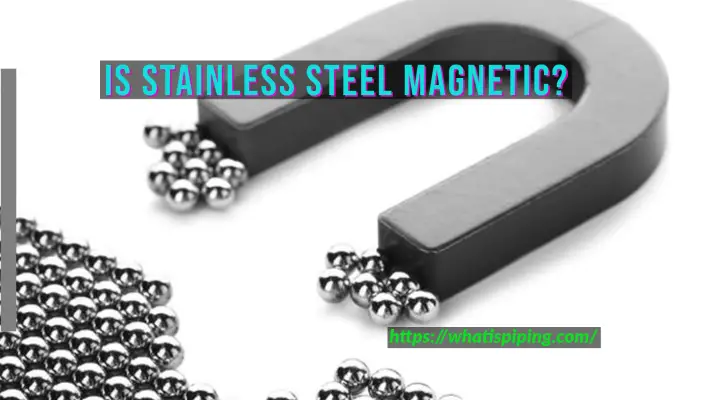
Stainless steels available in the market are classified into the following four groups:
- Ferritic Stainless Steels
- Austenitic Stainless Steel
- Martensitic Stainless Steel, and
- Duplex stainless steels
Ferritic Stainless Steel:
One type of stainless steel is ferritic stainless steel, which contains a high concentration of chromium and little to no nickel. Ferritic stainless steel is generally magnetic due to its crystal structure, which consists of ferrite. The magnetic properties of ferritic stainless steel make it suitable for applications where magnetic attraction is desired, such as in magnetic storage devices or magnetic separators.
Austenitic Stainless Steel:
Another common type of stainless steel is austenitic stainless steel, which contains higher amounts of nickel and chromium. Austenitic stainless steel is non-magnetic in its annealed (softened) state. The high nickel content and specific crystal structure, known as austenite, suppress the ferromagnetic properties of iron. However, some austenitic stainless steel grades can exhibit weak magnetic response due to cold working or specific manufacturing processes.
Martensitic and Duplex Stainless Steel:
Martensitic stainless steel and duplex stainless steel are two additional types of stainless steel that can display varying degrees of magnetism. Martensitic stainless steel, which contains higher carbon content, can be magnetic. Duplex stainless steel, with a mixed microstructure of austenite and ferrite, can exhibit magnetic properties, depending on its composition and processing.
Is Ferritic Stainless Steel Magnetic?
Ferritic Stainless steel has a ferritic structure in its microstructure. At room temperature they are arranged as a BCC structure, meaning eight atoms are arranged at the corners of the unit cell, connecting to one lattice point in the middle of the structure. Such crystal arrangement shows magnetic properties. So, Ferritic stainless steels are magnetic. However, the magnetic strength of ferritic stainless steel is not as strong as conventional irons. Hence, they can be used as soft magnets. This is why stainless steel grades 409, 430, and 439 show magnetic properties.
Note that, at temperatures above Currie point temperature the ferritic BCC structure is converted into FCC and the magnetic property is lost.
Is Austenitic Stainless Steel Magnetic?
Austenitic Stainless steel consists of a high amount of austenite. Their crystal structure is arranged as an FCC structure, meaning a cube with an atom at each of the cube’s eight corners and an atom at the center of each of the six faces. Such grades of stainless steel are paramagnetic and do not show any magnetic properties. This is the reason that most popular austenitic stainless steel grades like SS 304, SS 316, etc are non-magnetic. Learn about the differences between 304 and 316 stainless steel by clicking here.
Is Martensitic Stainless Steel Magnetic?
All martensitic (body-centered tetragonal crystal structures) and most precipitation-hardenable stainless steels exhibit ferromagnetic properties and hence, they are magnetic. Because of the induced stresses by the hardening transformation, these stainless steel grades show permanent magnetic properties when magnetized in hardened conditions. Because of this martensitic stainless steel grades like grades 410, 420, and 440 show magnetic properties. The table in the following figure (Fig. 1) provides the magnetic properties of some ferritic and martensitic stainless steels.

Is Duplex Stainless Steel Magnetic?
Duplex stainless steels (DSS) consist of a mixture of ferrite and austenite and are usually magnetic. The ferritic structure contributes to this magnetism. But, due to the fact that most DSS contains more austenite than ferrite, their magnetic strength is normally less.
So from the above discussions, it is clear that stainless steel can be magnetic or non-magnetic and it fully depends on the crystal structure and composition. But, The magnetic behavior of stainless steel varies considerably from paramagnetic in fully austenitic stainless steel grades to permanent magnetic behavior in the hardened martensitic stainless steel grades.
Factors Influencing Magnetism in Stainless Steel
Several factors can affect the magnetic behavior of stainless steel. These include:
- Alloy Composition: The presence and concentration of alloying elements, such as nickel, chromium, and manganese, significantly impact the magnetic properties of stainless steel. Higher nickel content tends to reduce magnetism, while higher chromium or manganese content can increase magnetism.
- Crystal Structure: The crystal structure of stainless steel, such as austenite, ferrite, or martensite, plays a critical role in determining its magnetic behavior. Different crystal structures can affect the alignment and mobility of electrons, thereby influencing magnetism.
- Cold Working: Cold working processes, such as rolling, bending, or forging, can introduce strain into the stainless steel structure. This strain can alter the crystal lattice and create magnetic regions in typically non-magnetic stainless steel, leading to a weak magnetic response.
- Heat Treatment: Specific heat treatments, such as annealing or quenching, can modify the crystal structure of stainless steel and affect its magnetic properties. Annealing can restore non-magnetic behavior while quenching may induce martensitic transformation and increase magnetism.
Why does the magnetic property of stainless steel matter?
The magnetic capabilities of stainless steel material are always inferior to conventional magnetic material. Hence, Stainless steels are usually not used based on their magnetic behavior. However, the magnetic or nonmagnetic capabilities can sometimes influence the fabrication and use of these alloys. Also, in magnetic materials electric current behaves differently.
Which types of stainless steel are magnetic?
The below-mentioned stainless steel types are usually magnetic:
- Grade 409, 430, and 439 ferritic Stainless Steel.
- Grades 410, 420, and 440 martensitic Stainless Steel.
- Grade 2205 Duplex Stainless Steel, etc.
Should a magnet stick to stainless steel?
Magnets stick to materials having magnetic properties. Some grade of stainless steel has weak magnetic properties whereas some do not. For example, austenitic stainless steel grades like 304 or 316 do not provide magnetic properties. On the other hand, ferritic stainless steel grades are ferromagnetic, and thus magnets stick to certain ferritic and martensitic stainless steel grades.
What stainless steels are not magnetic? Do magnets stick to 304 stainless steel?
Austenitic stainless steel grades are not magnetic. Stainless steel grade 304 and 316, being non-magnetic, does not show magnetism, and thus magnets do not attract them.
Magnetic Testing of Stainless Steel
To determine the magnetic properties of stainless steel, various testing methods can be employed. One common method is the use of a magnet to assess the attraction or repulsion between the stainless steel sample and the magnet. If the stainless steel exhibits a strong magnetic response, it is likely ferritic or martensitic stainless steel. Conversely, if the stainless steel shows no or weak magnetic properties, it is likely austenitic or duplex stainless steel.
It is worth mentioning that magnetic testing is not always conclusive, as some stainless steel grades may exhibit a weak magnetic response due to specific processing conditions or cold working. Therefore, chemical analysis and material specifications are often necessary to accurately identify the stainless steel grade and its magnetic behavior.
Is kitchen stainless steel magnetic?
There is a general concept that all materials containing iron must be magnetic. However, that is not always true. To show magnetic properties their crystal structure should have a partially filled electron shell. The FCC structure austenitic stainless steel does not show magnetic properties. Kitchen stainless steels are produced mainly from the austenitic grade of stainless steels and hence, kitchen stainless steels are usually non-magnetic.
Is type 430 stainless steel magnetic?
Yes, the ferritic 430 grade of stainless steel shows magnetism and attracts magnets.


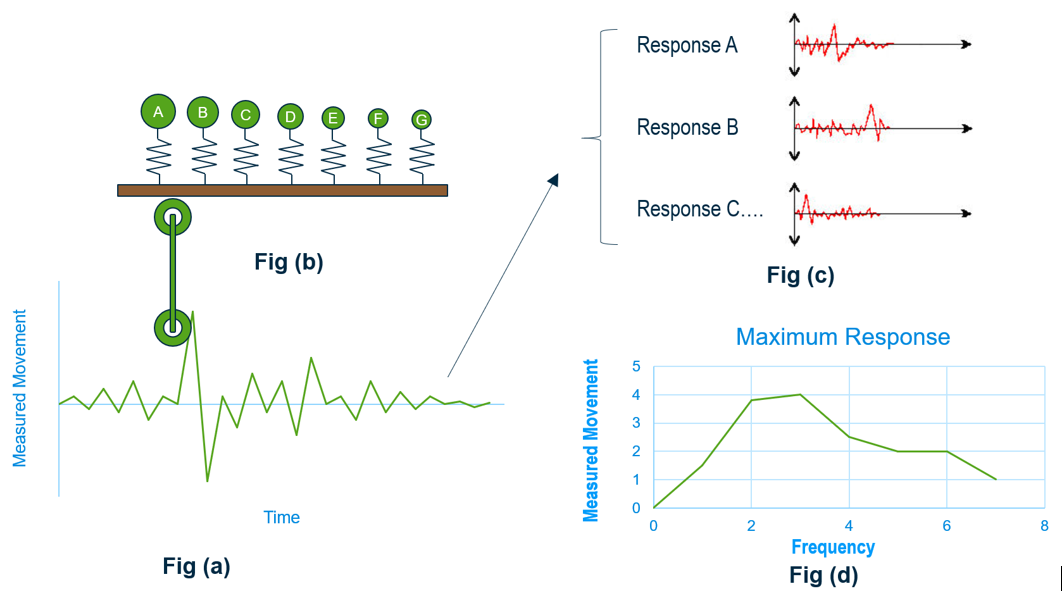

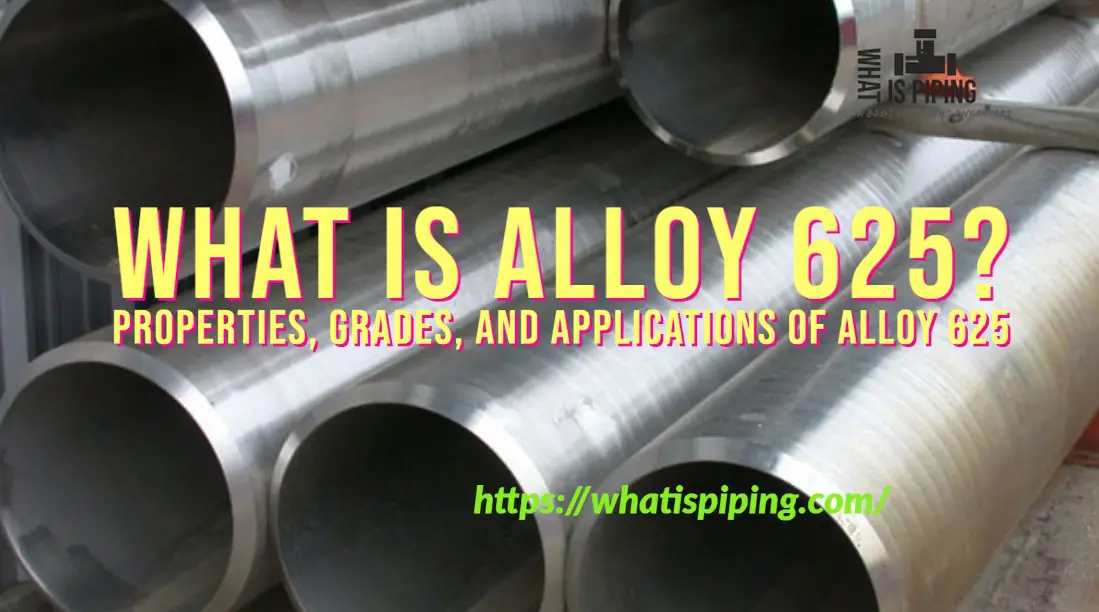
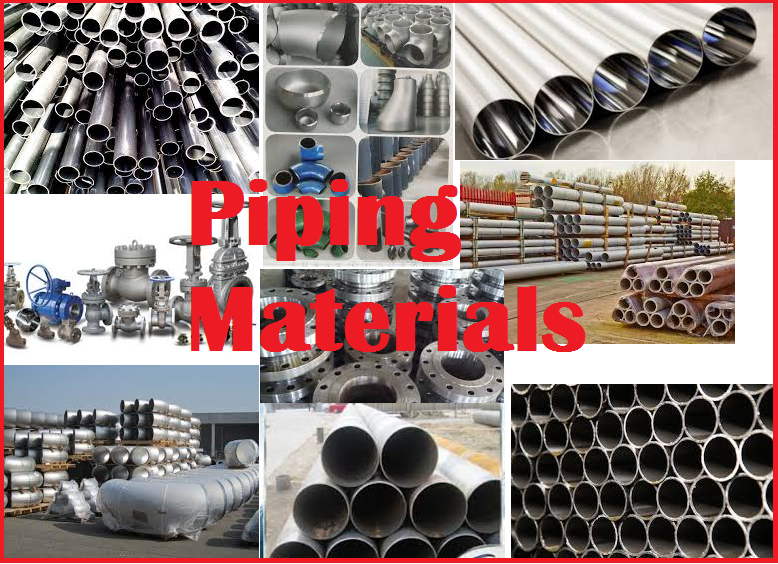

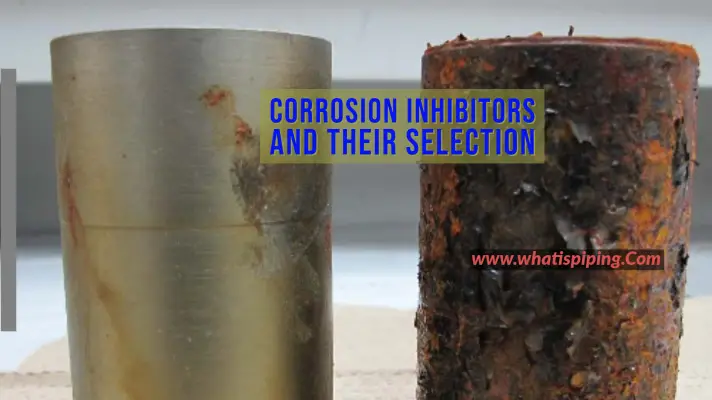

Hi Anup,
Thanks for the information on types of Stainless Steels.
Can you Please give more distinctive ways to identify a fake Stainless Steel Pipe 316L or 304L, even as written on the body of the Pipe?